QuestionMy Newzealand Red, Nelson, who is 2 1/2 years old. I bought a year ago as a breeder, he has been bred to 3 different females. All the offspring from him get sick at the age of a month and a half, getting swollen bellies, runny stools and approx. half the litter dies (also one female who was bred to him died, she was about 5 mon old)I've taken stool samples to the vet and it showed coccidia, but they aren't in the other mother's stools, just in the babies who's father is Nelson. Now the other two females have been bred with other boys and they don't have this problem. I bred him this year to one female and my other buck bred my other female. Both litters were born the same day, and they are now 1 1/2 months and the litter from my Nelson are sick, the other litter is healthy. They eat the same food, are side by side and have even been together on the grass when they are younger. We figured out that the male is the probable cause and I am no longer going to breed him, but what could be the cause of this? Could it be an STD? He is registered and my mom and I were looking at his family tree and it shows inbreeding, so could this be the cause?
AnswerDear Kayla,
Coccidiosis is not transmitted genetically, so if coccidiosis is really the cause of death, then it's not being passed to the babies by the father (unless he's in the same pen as the babies). It is possible that if the parents are related that the babies have immune systems that are not as robust as more outbred animals would be. But it's not really possible to know for sure.
For information on treatment of coccidiosis and runny stool, please see:
www.bio.miami.edu/hare/poop.html
Ponazuril (toltrazuril sulfate) is very effective, and you can get it here:
http://www.horseprerace.com/toltrazuril-200ml-p-29.html
There is no reason for the babies to die if you catch this early and treat with both the medication and supportive care (e.g., subQ fluids). Be sure to consult your rabbit-savvy vet for more information:
www.rabbit.org/vets
Also, please read:
www.bio.miami.edu/hare/breeding.html
I hope this helps.
Dana

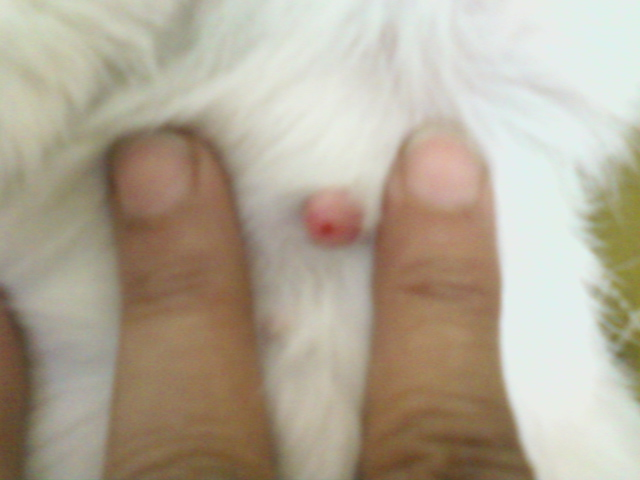 rabbit mammary gland problem
Question
Rabbit Rabbit1
Hi, I am from Indi
rabbit mammary gland problem
Question
Rabbit Rabbit1
Hi, I am from Indi
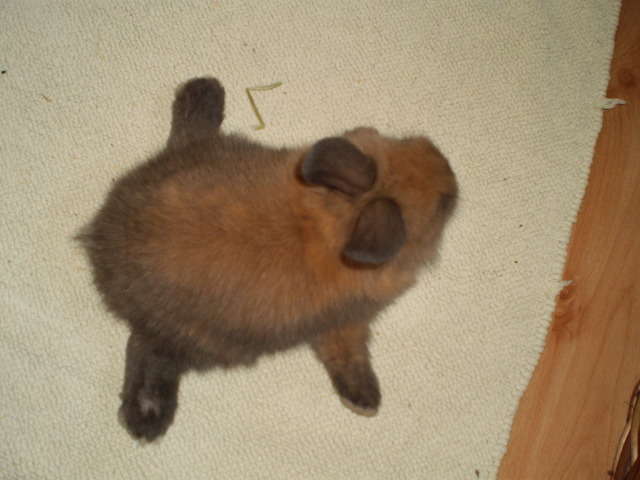 splay leg bunny
Question
Kala the splay leg bun
Hay! this is my questio
splay leg bunny
Question
Kala the splay leg bun
Hay! this is my questio
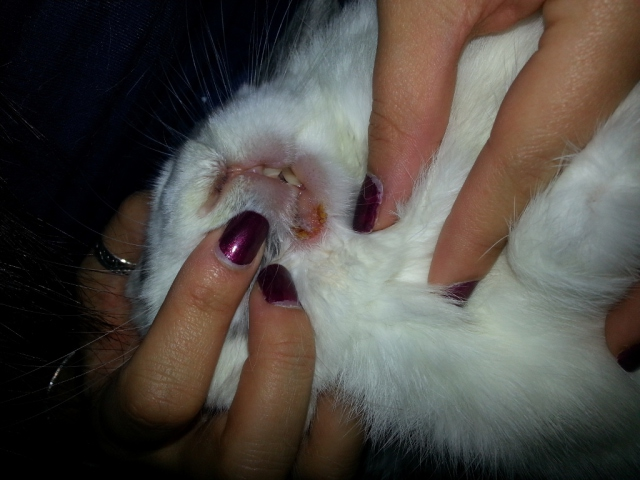 Scabbing around mouth/possible mouth infection?
Question
bubbles mouth
Hello,
My bun Bubbles is
Scabbing around mouth/possible mouth infection?
Question
bubbles mouth
Hello,
My bun Bubbles is
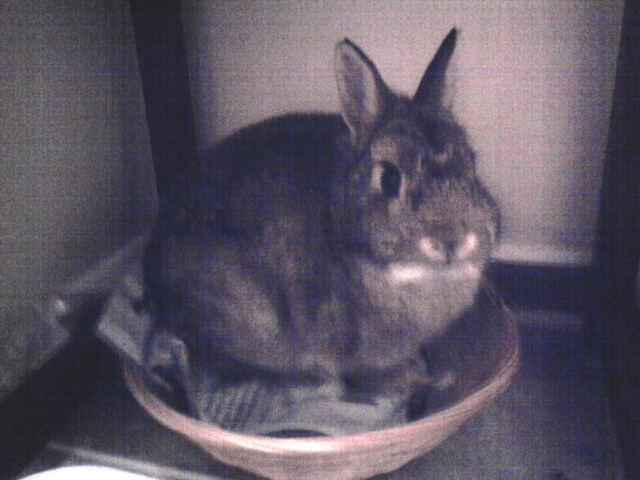 netherland dwarf rabbit!
Question
heres a picture of him
hiya.
i have a 1 year o
netherland dwarf rabbit!
Question
heres a picture of him
hiya.
i have a 1 year o
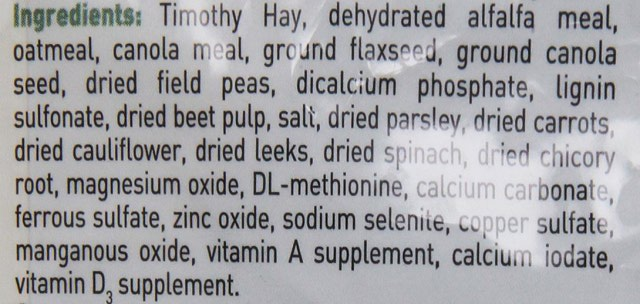 Rabbit pellets
Question
Ingredients
I am always concerned about
Rabbit pellets
Question
Ingredients
I am always concerned about